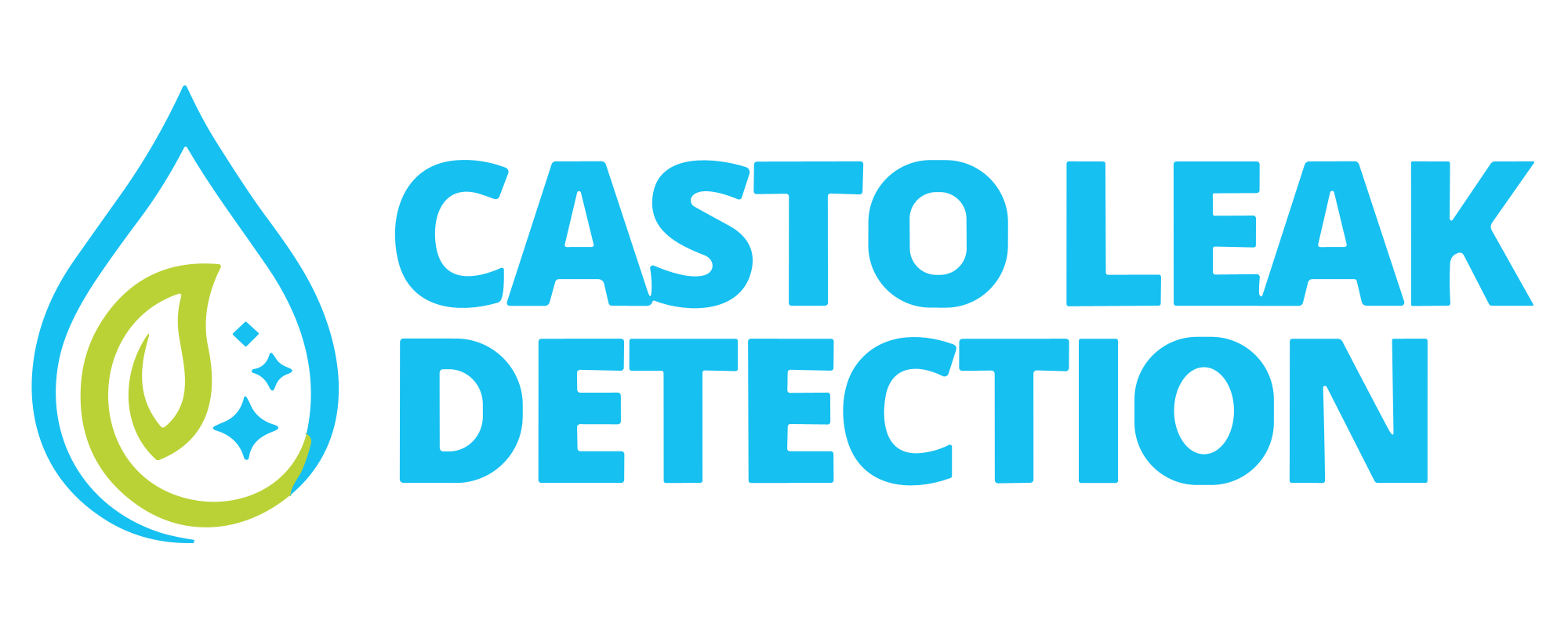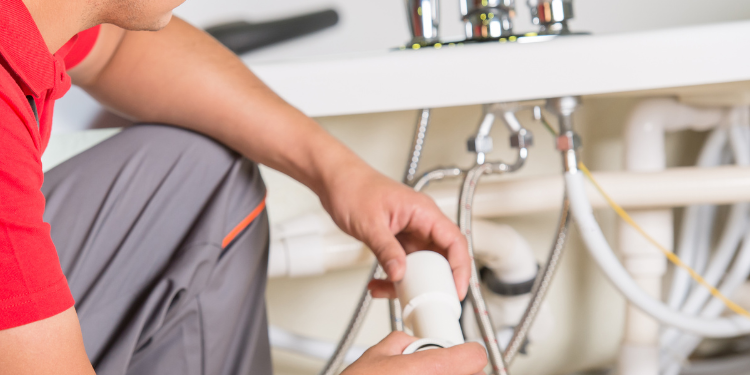Regular plumbing inspections are a crucial aspect of maintaining a healthy home. Many homeowners in Richardson, Texas, may overlook this essential task, but the consequences of neglect can be costly and disruptive. This blog post explores the importance of scheduling regular plumbing inspections and how they can prevent minor issues from becoming major headaches.
Key Takeaway: Regular plumbing inspections are vital in identifying potential problems early, saving homeowners from expensive repairs and maintaining the integrity of their plumbing systems.
Preventing Major Plumbing Failures
One of the primary benefits of regular plumbing inspections is the prevention of significant plumbing failures. Over time, even minor issues like a small leak can evolve into major problems if left unchecked. Inspections help detect these issues early, ensuring that they are addressed before causing extensive damage to your home. For instance, a simple inspection might uncover early signs of corrosion in your pipes, which, if left untreated, could lead to a burst pipe and significant water damage.
Regular inspections also ensure that your plumbing system is functioning at optimal levels. This means that potential blockages, leaks, or wear and tear on pipes and fixtures are identified and repaired before they escalate into emergencies. In Richardson, Texas, where extreme weather conditions can affect plumbing, staying ahead of potential issues is especially important.
Additionally, regular inspections can extend the lifespan of your plumbing system. By catching small problems before they worsen, you reduce the strain on your plumbing, ensuring it serves your home well for many years.
Improving Water Efficiency
Water efficiency is a growing concern, especially in areas like Richardson, Texas, where water conservation is essential. Regular plumbing inspections can help improve your home’s water efficiency by identifying leaks and inefficiencies in your plumbing system. For example, a dripping faucet or a running toilet may seem minor, but these issues can waste a significant amount of water over time.
Inspections can also help you identify opportunities for upgrades to more water-efficient fixtures. Upgrading to low-flow toilets, faucets, and showerheads can significantly reduce your water usage, lowering your utility bills and reducing your environmental impact. In some cases, your local municipality may even offer rebates or incentives for upgrading to water-efficient fixtures, making it a win-win situation.
Moreover, inspections can reveal hidden leaks that may be wasting water without your knowledge. A small leak behind a wall or under a floor can go unnoticed for months, leading to substantial water waste and higher bills. Regular inspections help you catch these leaks early, conserving water and saving you money in the long run.
Ensuring Health and Safety
Plumbing issues can pose significant health and safety risks if not addressed promptly. Regular plumbing inspections help identify potential hazards, such as mold growth, water contamination, or gas leaks, before they become serious threats to your family’s health.
For instance, a hidden leak in your home can create the perfect environment for mold growth. Mold can spread quickly and cause a variety of health issues, including respiratory problems, allergies, and skin irritation. By catching leaks early, regular inspections help prevent mold growth and protect your family’s health.
Inspections also ensure that your water supply remains safe and clean. Contaminants can enter your water supply through damaged or corroded pipes, posing a risk to your health. Regular inspections can identify these issues and ensure that your water supply is safe for consumption.
In addition to protecting your health, regular inspections can also safeguard your home’s structural integrity. Water damage from leaks can weaken your home’s foundation, leading to costly repairs. By addressing plumbing issues early, you can prevent extensive damage and maintain the safety and stability of your home.
Avoiding Costly Repairs
One of the most compelling reasons to schedule regular plumbing inspections is the potential to save money on costly repairs. Plumbing problems that go undetected can lead to significant damage, requiring expensive repairs and causing inconvenience.
For example, a small leak under your sink may not seem like a big deal, but if left unchecked, it can lead to water damage to your cabinets, floors, and walls. Over time, this damage can become extensive, requiring costly repairs and replacements. Regular inspections help catch these issues early, preventing expensive repairs and minimizing damage to your home.
Additionally, regular inspections can help you avoid emergency plumbing situations. Plumbing emergencies, such as burst pipes or severe leaks, often occur at the most inconvenient times and can be costly to repair. By scheduling regular inspections, you can identify potential problems before they escalate into emergencies, saving you money and stress.
Extending the Life of Your Plumbing System
Regular plumbing inspections play a crucial role in extending the life of your plumbing system. Just like any other system in your home, your plumbing requires regular maintenance to function optimally. Inspections allow you to identify and address small issues before they cause significant damage to your system.
For instance, regular inspections can reveal areas of your plumbing that are starting to show signs of wear and tear. By addressing these issues early, you can prevent further damage and extend the life of your pipes and fixtures. This not only saves you money on repairs but also reduces the need for costly replacements.
In addition to extending the life of your plumbing system, regular inspections also ensure that your system is running efficiently. An efficient plumbing system reduces water waste and lowers your utility bills, saving you money in the long run.
Answering Common Questions
What happens during a plumbing inspection? During a plumbing inspection, a licensed plumber will examine your plumbing system for any signs of leaks, corrosion, blockages, or other issues. They will inspect pipes, fixtures, water heaters, and other components to ensure they are in good working condition. The plumber may also use specialized equipment, such as cameras or pressure gauges, to assess the condition of your pipes and identify any hidden problems.
How often should I schedule a plumbing inspection? It is recommended to schedule a plumbing inspection at least once a year. However, if you live in an older home or an area with hard water, you may need more frequent inspections. Additionally, if you notice any signs of plumbing issues, such as slow drains, low water pressure, or unusual noises, it is important to schedule an inspection as soon as possible.
Can I do my plumbing inspection? While homeowners can perform basic checks on their plumbing system, such as looking for visible leaks or checking water pressure, a professional plumbing inspection is essential for identifying hidden issues that may not be visible to the untrained eye. Professional plumbers have the expertise and equipment to thoroughly inspect your plumbing system and catch problems early.
The Impact of Climate on Plumbing Systems
In Richardson, Texas, the climate can significantly impact your plumbing system. The hot summers and occasional cold snaps can put stress on your pipes, leading to leaks or bursts. Regular plumbing inspections are crucial in these regions to ensure that your system can withstand the temperature fluctuations.
Weather Patterns and Regular Plumbing Inspections
Weather patterns, including extreme temperatures and heavy rainfall, can affect the integrity of your plumbing system. In areas prone to freezing temperatures, pipes are at risk of freezing and bursting. Regular inspections help identify vulnerable areas of your plumbing system and ensure they are adequately protected against harsh weather conditions.
Seeking Expert Advice
If you’re in Richardson, Texas, and are concerned about the state of your plumbing, don’t hesitate to seek expert advice. A professional plumber can conduct a thorough inspection, provide recommendations for repairs or upgrades, and ensure that your plumbing system is in top condition.







